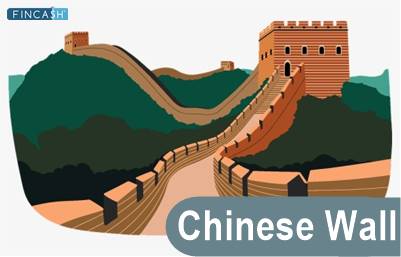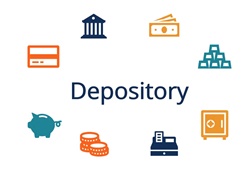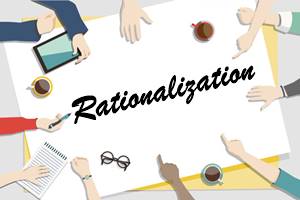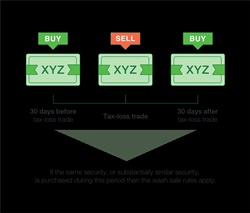
Table of Contents
Defining Chinese Wall
A Chinese Wall is a barrier or conflict that separates two or more groups within the same organisation. It is an ethical concept that prohibits individuals, groups or departments within the same company from exchanging information that could create a conflict of interest.

The concept of the Chinese Wall, also referred to as the ethical wall, is often associated with the financial sectors, but it also exists in many industries and professions including finance, journalism, computer science, law, project management, business, etc. Ideally, the wall is purely conceptual, although individuals or groups may be divided by physical barriers - such as buildings, areas and also by the policies.
The term was popularised after the stock Market crash of 1929 when the U.S government legislated to separate the activities between investment bankers and brokerage firms. Despite these regulations, many investment firms continued to engage in unethical practices, which became evident during the dotcom crash of 2001, and also the subprime mortgage crisis of 2007.
The Concept of Chinese Wall
In the financial field, especially investment sectors, bankers are supposed to work very closely with their clients, and much information is private, and cannot be public. This creates a situation where bankers can do Insider trading because they have an informational advantage over their counterparts in the public, which is a crime. Therefore, organisations are generally required by law to safeguard insider information by strict policies which will ensure that improper trading does not occur. A ‘wall’ is thrown up to prevent leaks of confidential information or data.
A Chinese Wall prevents free flow of information between the different departments. The free dissemination of confidential information is legally considered to be a crime for which an employee can lose the job and also end up with legal cases.
Talk to our investment specialist
Exceptions to the Chinese Wall
There are certain employees who hold high ranking positions in the company. Such as Chief Financial Officer or Chief Executive Officer, seniors from internal audit, etc., who are considered to be ‘above the wall’’ may have access to information on both sides of the information barriers. At times, when there is a genuine need, some employees are given access to the information.
Conclusion
The term Chinese Wall is often seen as an offensive reflection on Chinese culture. However, it is now widespread throughout the global marketplace. Major investment banks follow this ethical practice religiously, where rules and regulations prohibiting the free flow of information between departments is applied.
All efforts have been made to ensure the information provided here is accurate. However, no guarantees are made regarding correctness of data. Please verify with scheme information document before making any investment.












